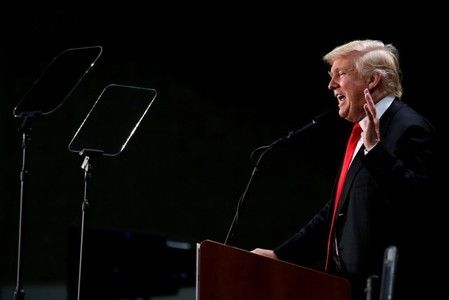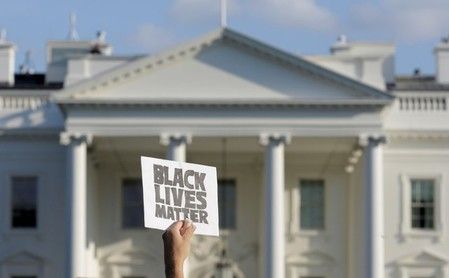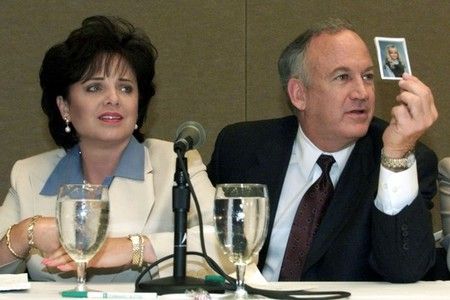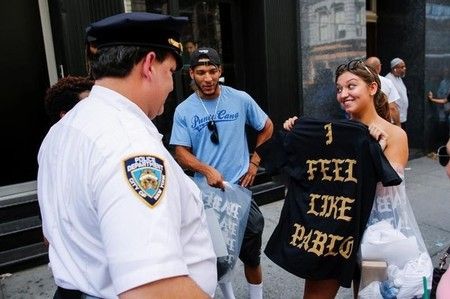Advertisement
Honduran family drops bid to toss U.S. money laundering case
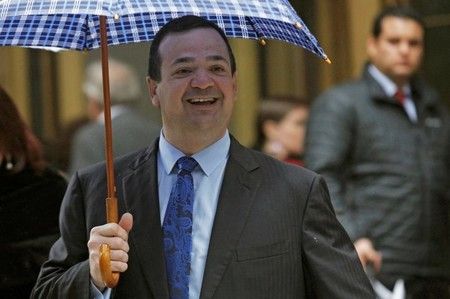
By Nate Raymond
NEW YORK (Reuters) – Two members of a prominent Honduran family have dropped their bids to dismiss U.S. money laundering charges, after federal authorities relented on restrictions limiting their ability to pay their lawyers.
Yankel Rosenthal, a former minister of investment under current Honduran President Juan Orlando Hernandez, and cousin Yani Rosenthal, a former Honduran cabinet member, disclosed their plans in filings on Monday in Manhattan federal court.
They had moved in May to dismiss the case, after months of wrangling over their inability to pay legal fees due to steps taken by the U.S. Treasury Department that resulted in the freezing of hundreds of millions of dollars of their assets.
Both men had cited a recent U.S. Supreme Court decision that made it unconstitutional for the government to restrain assets belonging to defendants that are not linked to the criminal conduct, and are needed to hire counsel of their choice.
Days after those motions were filed and what the defendants called months of resistance, the Treasury Department’s Office of Foreign Assets Control (OFAC) approved licenses that would allow the Rosenthals to access certain assets to pay their lawyers.
Christine Chung, Yani Rosenthal’s lawyer, in a letter on Monday said that while OFAC’s conduct had “deeply and unfairly prejudiced” her client, pursuing the motion to dismiss the case would not be productive given recent developments.
She nonetheless asked that U.S. District Judge John Koeltl remain available should any future impasses on OFAC-related matters develop.
Lawyers for the Rosenthals did not immediately respond to requests for comment on Tuesday. A spokeswoman for Manhattan U.S. Attorney Preet Bharara declined comment.
The two men were charged in October along with Jaime Rosenthal, a former vice president, and Andres Acosta Garcia, a lawyer with the family’s Grupo Continental conglomerate.
Prosecutors said they engaged in a multi-year scheme to launder proceeds of narcotics trafficking and bribery offenses through accounts located in the United States.
OFAC at that time classified the Rosenthals and seven businesses, including Grupo Continental and its Banco Continental unit, as “specially designated narcotics traffickers.”
That designation allowed for the blocking of hundreds of millions of dollars assets that Chung at a May 6 hearing said vastly exceeded the roughly $10 million that was allegedly laundered.
The case is U.S. v. Rosenthal Oliva et al, U.S. District Court, Southern District of New York, No. 13-cr-00413.
(Reporting by Nate Raymond in New York; Editing by David Gregorio)


